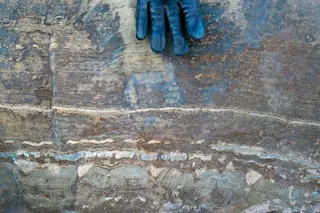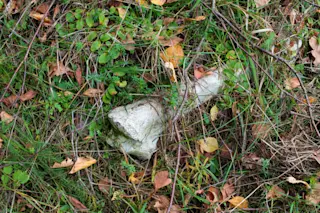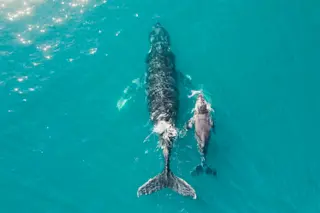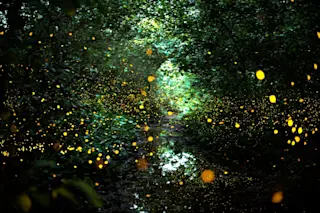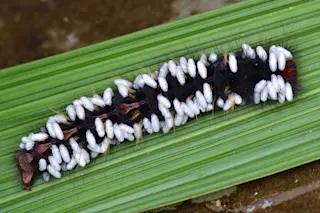It’s a matter of life or no life. In a 2016 Nature study, researchers reported finding fossils in 3.7 billion-year-old rocks in Greenland, pushing the timeline for Earth’s first preserved organisms back 200 million years.
But a 2018 paper, also in Nature, contended that the rock outcrop preserves no signs of life.
The dispute concerns inch-high layers of cones and domes embedded in a section of rock recently exposed by melting snow. The original team interpreted them as stromatolites, fossils formed in shallow seas when mats of microbes accumulate sediment and minerals. Elsewhere on Earth, stromatolites provide proof of bacterial communities as old as 3.5 billion years. But the Greenland humps are ambiguous. In Science Smackdown, we let researchers debate the evidence.
Leading the 2018 challenge is Abigail Allwood, who identified the oldest convincing stromatolites in Australia over a decade ago. After reading about the newest “oldest” fossils in Greenland, ...


